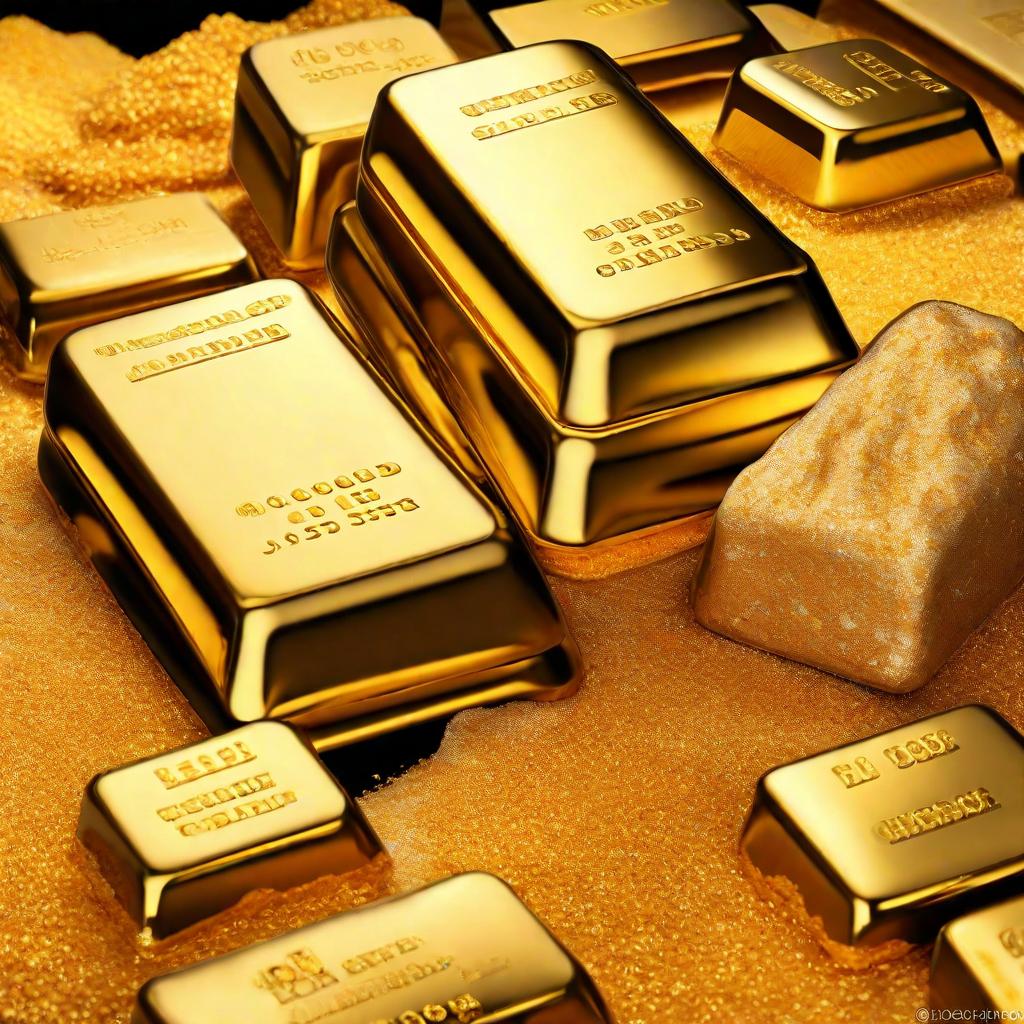Raw Gold Refining Process: Unveiling the Transformation
1. Introduction to Raw Gold Refining

Raw gold refining is the process of purifying raw gold ore to extract its valuable metal content. This intricate procedure involves various stages and techniques to transform raw gold into pure, marketable form.
2. Understanding Raw Gold
Composition and Impurities
Raw gold ore typically contains a mixture of gold and other minerals, including impurities such as silver, copper, and iron. These impurities must be removed through refining to obtain high-purity gold.
Importance of Refining
Refining is crucial for enhancing the quality and value of raw gold. By removing impurities and contaminants, refining transforms raw gold into a purer form suitable for use in jewelry, electronics, and other applications.
3. Steps in the Refining Process
Crushing and Grinding
The refining process begins with the crushing and grinding of raw gold ore to reduce its size and facilitate extraction. This step prepares the ore for further processing by exposing its valuable metal content.
Chemical Leaching
Chemical leaching involves the use of specialized solutions to dissolve gold from the ore matrix. This process separates gold from impurities and concentrates it into a solution for subsequent purification.
Smelting
Smelting is the process of melting the gold concentrate to separate it from other metals and impurities. During smelting, high temperatures are applied to the gold concentrate, causing it to liquefy and separate from unwanted materials.
Electrolysis
Electrolysis is the final stage of the refining process, where an electric current is passed through the molten gold to separate it from impurities. This step produces pure gold that can be further processed into various forms.
4. Equipment and Tools Used in Refining
Crushers and Mills
Crushers and mills are used to break down raw gold ore into smaller particles, making it easier to extract the precious metal.
Leaching Tanks
Leaching tanks contain chemical solutions that dissolve gold from the ore matrix, allowing for the extraction of gold concentrate.
Furnaces
Furnaces are used for smelting, applying high temperatures to the gold concentrate to separate it from impurities.
Electrolytic Cells
Electrolytic cells facilitate the electrolysis process, enabling the separation of pure gold from the electrolyte solution.
5. Environmental Impact and Regulations
The raw gold refining process can have environmental implications due to the use of chemicals and energy-intensive operations. Regulatory measures are in place to mitigate environmental risks and ensure responsible refining practices.
6. Challenges and Safety Measures
Refining raw gold poses various challenges, including handling hazardous materials and maintaining operational safety. Strict safety protocols and protective equipment are essential to minimize risks and ensure worker well-being.
7. Conclusion
In conclusion, the raw gold refining process plays a crucial role in transforming raw gold ore into valuable metal. By understanding the steps involved, equipment used, and environmental considerations, stakeholders can navigate the refining process effectively and responsibly.
8. FAQs About Raw Gold Refining
- What is the purity of refined gold obtained from the raw gold refining process?
- Refined gold obtained from the refining process typically has a purity level of 99.99% or higher, depending on the refining techniques used.
- How long does the raw gold refining process take?
- The refining process duration varies depending on factors such as ore complexity, refining methods, and processing capacity, but it can range from several hours to several days.
- What are the main environmental concerns associated with raw gold refining?
- Environmental concerns include the use of chemicals, energy consumption, waste generation, and potential water and soil contamination. Regulatory compliance and sustainable practices are crucial for mitigating environmental impact.
- Are there any alternatives to chemical leaching in the raw gold refining process?
- Yes, alternative methods such as gravity separation, flotation, and bioleaching are used in some refining

